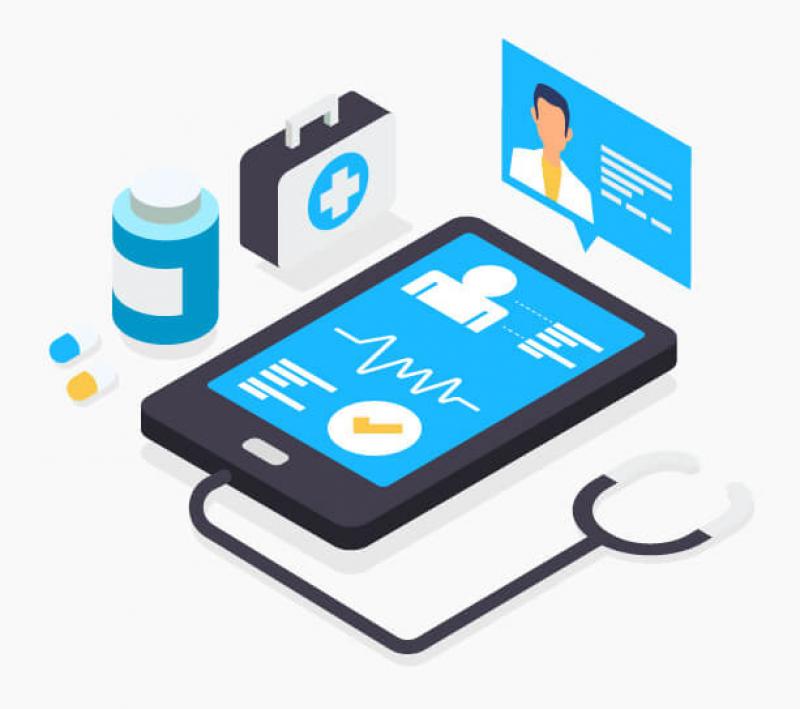The mHealth (mobile health) market is experiencing a rapid and profound transformation, shaping the future of healthcare delivery worldwide. This burgeoning sector leverages mobile technology, including smartphones, wearables, and mobile applications, to enhance healthcare accessibility, efficiency, and patient outcomes.
One of the primary drivers of the mHealth market's growth is the widespread adoption of smartphones. With billions of people carrying these powerful devices, mHealth solutions have become increasingly accessible. Mobile health apps, available on app stores, cater to various healthcare needs, from fitness tracking and medication reminders to mental health support and chronic disease management. These apps empower individuals to take a more proactive role in managing their health and well-being.
Wearable devices have emerged as another cornerstone of the mHealth market. Smartwatches, fitness trackers, and other wearables continuously monitor vital health metrics like heart rate, sleep patterns, and activity levels. This real-time data can be seamlessly integrated into mHealth applications, offering users and healthcare providers valuable insights into their health. For instance, wearable ECG monitors can detect irregular heart rhythms, potentially preventing serious cardiac events.
The COVID-19 pandemic has further accelerated the adoption of mHealth technologies, particularly telemedicine. Telemedicine platforms enable remote consultations between patients and healthcare providers, reducing the need for physical visits to clinics and hospitals. This not only enhances convenience for patients but also minimizes the risk of disease transmission. The mHealth market has responded to this surge in demand by developing advanced telehealth solutions, including secure video conferencing and remote monitoring capabilities.
Despite its promising potential, the mHealth market faces challenges and considerations. Data security and privacy concerns are paramount, given the sensitive nature of health information. Ensuring the secure storage and transmission of patient data is crucial for building trust among users and healthcare providers. Additionally, interoperability standards and regulatory compliance vary from region to region, necessitating industry collaboration and adherence to evolving healthcare regulations.
In summary, the mHealth market is a dynamic and transformative force in the healthcare landscape. It harnesses the ubiquity of mobile devices and wearables to improve healthcare access, empower patients, and enhance the quality of care. As technology continues to evolve and healthcare systems adapt to the digital age, the mHealth market is poised for sustained growth and innovation. It holds the promise of revolutionizing healthcare, making it more personalized, efficient, and accessible to individuals worldwide. The ongoing synergy between technology, healthcare, and patient-centric solutions ensures that mHealth will remain at the forefront of healthcare innovation for years to come.
Read Our More Blogs : https://healthcarenewsbulletin.blogspot.com/2023/09/exploring-global-mhealth-market-trends.html
